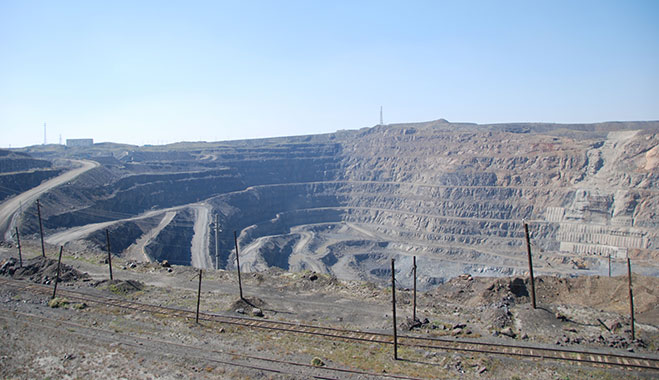
China has broken international rules on exports of rare earth materials said the World Trade Organization after it ruled in favour of the US, Europe and Japan in a dispute over China’s export restrictions on rare earth.
China imposed strict rare earth export quotas in 2010, which effectively cut exports by 40 percent to just over 30,000 tons, supposedly to curb illegal mining and reduce environmental damage. However, with the Chinese rare earth industry responsible for almost 90 percent of global output, as well as being dominated by three main producers, prices have soared as a result of the monopoly.
“China’s decision to promote its own industry and discriminate against US companies has caused US manufacturers to pay as much as three times more than what their Chinese competitors pay for the exact same rare earths,” said US Trade Rep. Michael Froman in a statement.
As such, the WTO panel found that the export taxes, quotas and bureaucracy imposed on overseas sales of the minerals artificially raised prices and created shortages for foreign buyers.
China has demonstrated the damage caused by the production of rare minerals, from mining and refining the metals to disposing of the waste
“China’s export quotas were designed to achieve industrial policy goals,” the panel said in stark comparison to Beijing’s claims that the restrictions were imposed to protect its environment.
The 17 rare earth elements in question are typically used in a variety of industries including green technology, defence systems and consumer electronics.
Throughout the case, China has demonstrated the damage caused by the production of rare minerals, from mining and refining the metals to disposing of the waste. Beijing has also shut down some of the worst offending producers, which have left large areas of soil scarred and un-usable by concentrated acids.
But the US, EU and Japan together argued that the restrictions were inconsistent with international trade law, because they distorted the market in favour of China’s domestic industry. This was apparent when the plaintiffs suggested that China had created a cost advantage for companies operating within its borders by lowering the price for domestic users, thereby inducing foreign companies to base operations in China in order to be competitive.
Whether Beijing will appeal the decision is still unclear, after a statement noted that Chinese officials are “assessing the panel report and will follow the WTO dispute settlement procedures to settle this dispute.” China now has two months to appeal the case.


